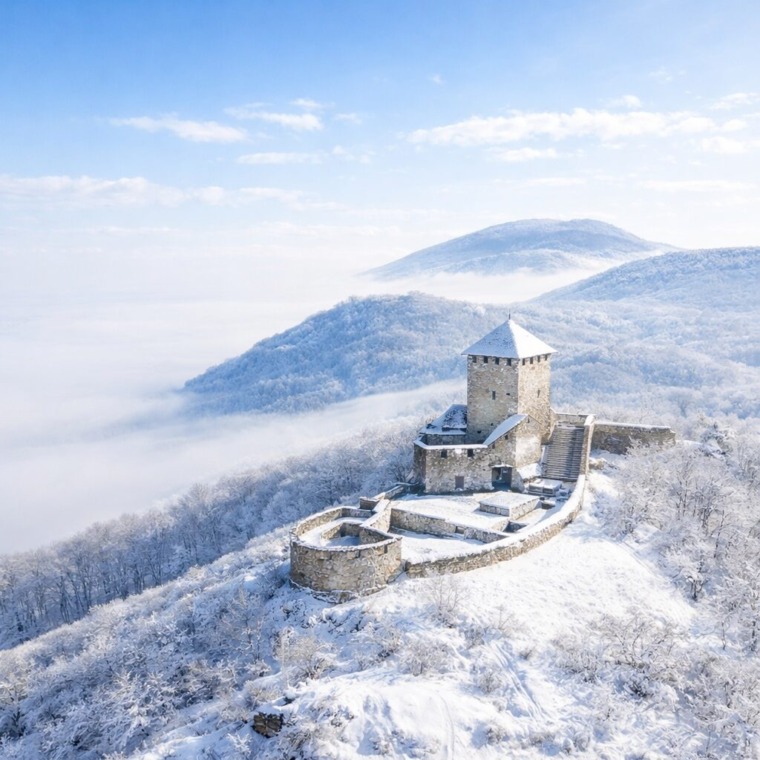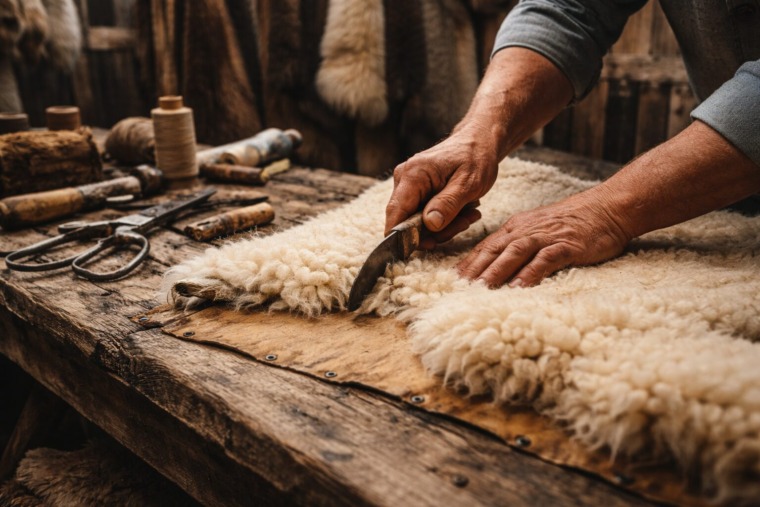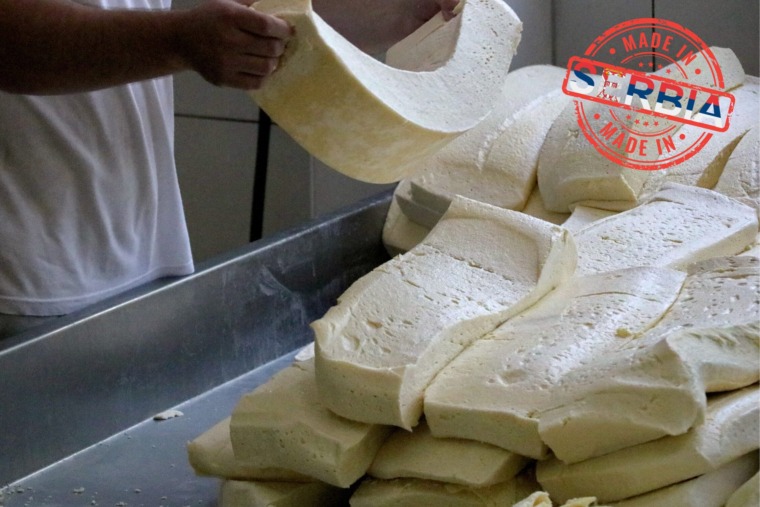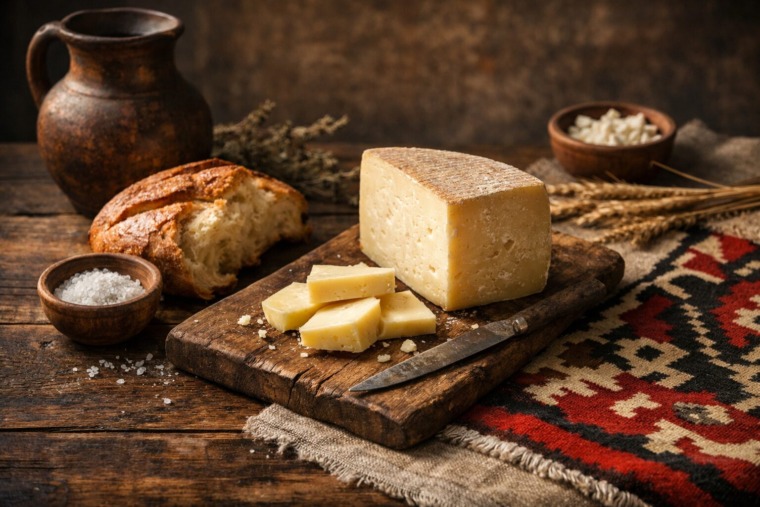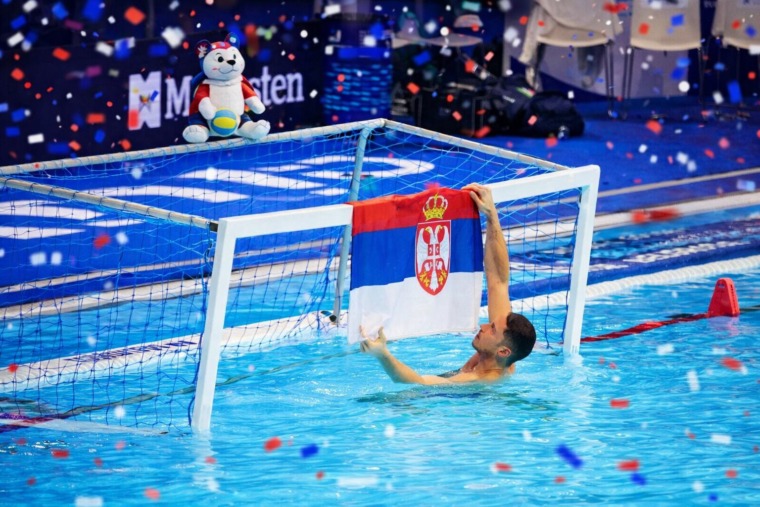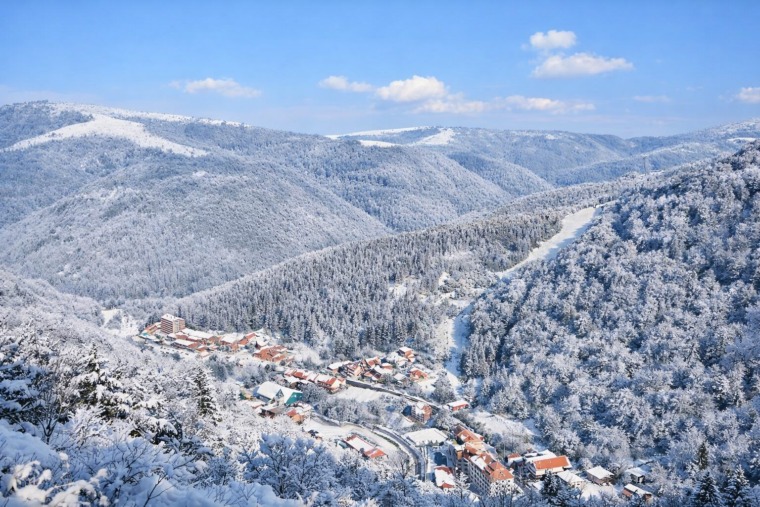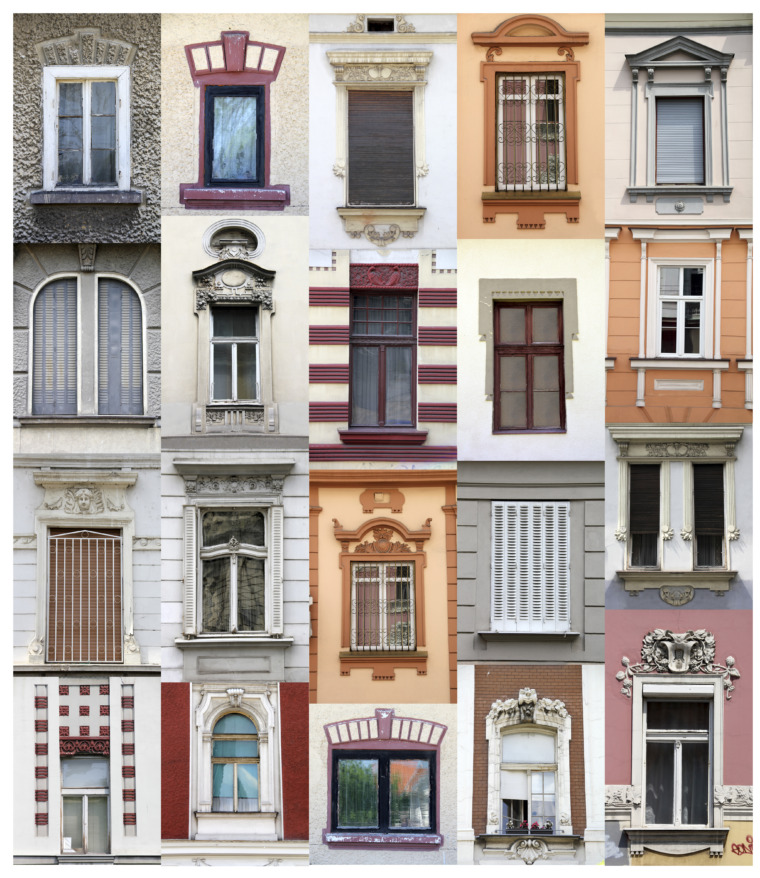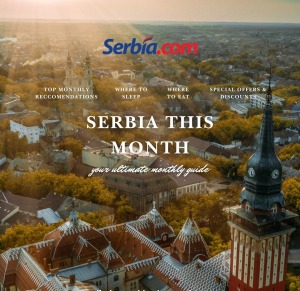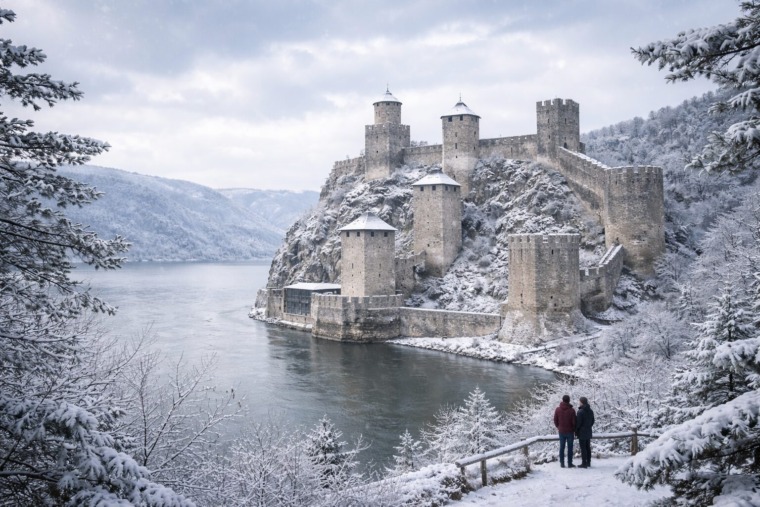
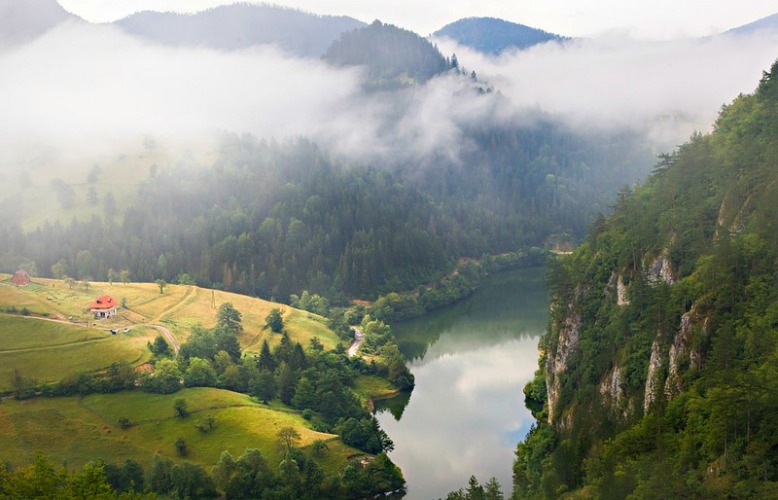
If we had to describe Western part of Serbia with only two words, that would be simple: unimaginable nature. Seven major mountains, rivers and lakes, hundreds of magnificent viewpoints, infinite vivid landscapes, large number of interesting tourist attractions and great manifestations. Welcome to Western Serbia!
Perućac lake
Perućac is the fishing paradise as the lake abounds in fish. The annual huchen fishing competition is organized on the lake and some fishermen can boast with enviable trophies. The lake is also rich in the European chub, catfish and carp.
This artificial lake is located in Western Serbia, on the very border with Bosnia & Herzegovina, at the altitude of 290 meters. It was created by damming the flow of the Drina river and construction of the hydroelectric power plaint “Bajina Bašta”. The surface of the lake is 12 square kilometers while its depth reaches 60 meters.
Mokra Gora
Lush nature of Mokra Gora merges the spirit of old times and modern era: the old “Šargan Eight” railway, Emir Kusturica’s ethno-village “Drvengrad” and a modern ski center with artificial snow cannons.
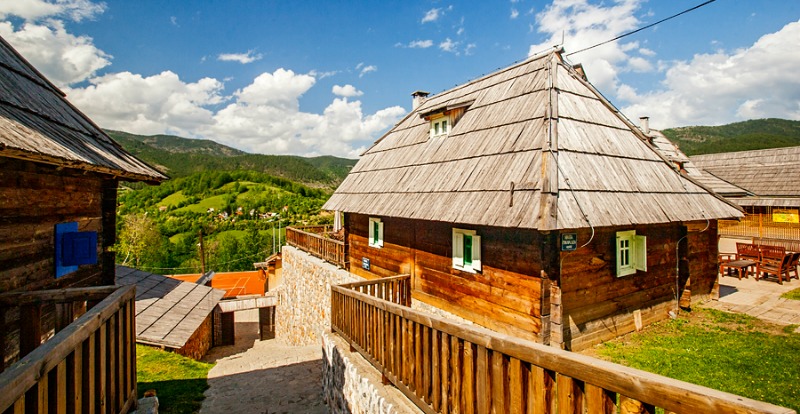
All these beauties of Mokra Gora won’t leave anyone indifferent as the landscape connecting two nature’s perfections, Mt. Tara and Mt. Zlatibor, must truly be something outstanding.
Drina
Almost along its entire course the Drina cuts through mountain ranges creating gorges, only to enter a valley quite unexpectedly and change its character like a skillful actor. Its moodiness manages to trick even the most cunning ones, while its beauty will soften even the cruelest hearts.

The always exciting Drina is created by joining the cool and swift mountain rivers Tara and Piva near Šćepan Polje, in Montenegro. From there with all its strength it curved its path towards Bosnia and Herzegovina, and gave the towns sprouting on its banks the particular historical importance.
Zlatibor
A true jewel of Western Serbia today is one of the most visited mountain centers. At 1,000 meters above sea level, mild climate lures visitors all year round. Zlatibor is well known for sport and rural tourism, but it is a particularly attractive medical tourism destination.

A legend says that it was named after white pines with yellow needles like old gold that once covered the beautiful slopes of Mt. Zlatibor. Today the last “golden” pine can be seen in the village of Negbina. Its Latin name is Pinus sylvestris variegata zlatiborica.
Drina regatta
None of the rivers in Serbia is as attractive to the regatta lovers as the moody green Drina. That’s why from spring until late summer regattas are organized on this wild river with tens of thousands of people participating.

During July on the Drina you practically can’t miss one of the regattas which aren’t just about going down the water but, are crazy parties with trumpets, socializing and side concerts.
Zaovine lake
Zaovine Lake is located on the southern slopes of the Tara Mountain, in the direction of the Zvijezda mountain, which marks the border between Serbia and Bosnia and Herzegovina. It spreads out between the villages of Zaovine to the south-west and Mitrovac, major tourist resort on Tara, to the north-east.
Zaovine lake is surrounded by vast woods and this is the area where Josif Pančić, a leading Serbian botanist, discovered the endemic Serbian spruce in 1875 on the nearby Kik hill.
Stopića cave
The Stopića cave, on the left bank of the Prištavica river, is one of the biggest tourist attractions in Western Serbia, near the city of Užice.

Large sinter pools, formed from the layers of limestone, are the unique feature of the Stopića cave. Large number of pools of different sizes creates a wall with water overflowing the pools. Some pools are up to 12 meter long and up to 7 meter deep.
Tara Mountain
All year long numerous visitors come to Tara because of favorable climatic conditions. Zaovine with lakes, Kaluđerske Bare, Mitrovac, Sokolina and Predov krst are the most visited tourist resorts in Tara. 
In 1981 the mountain range of Tara was declared a National Park with spectacular nature and rich flora and fauna. There are 53 species of mammals and 153 species of birds living in this nature reserve park while bear, chamois and roe deer are protected by law.


